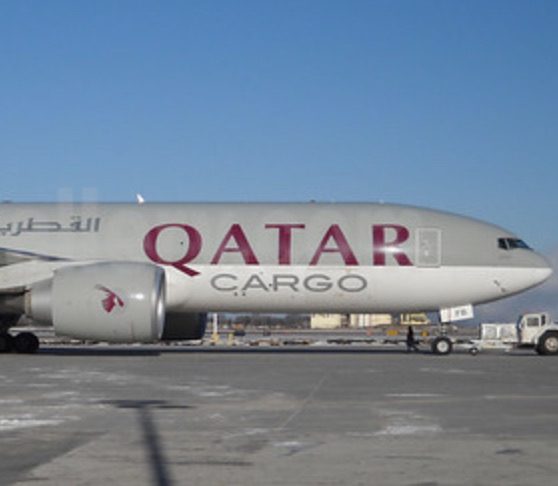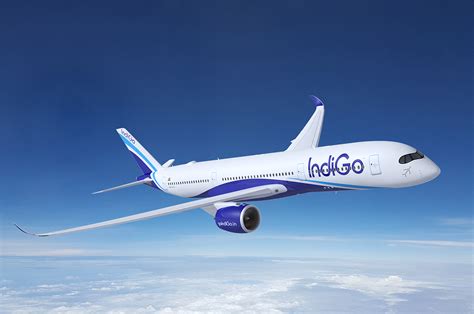
Qatar Cargo 777F
News:
With passenger traffic down during the current global pandemic, a lot of attention has turned to the freighter market. This is an area in which Boeing holds a massive advantage in market share vis-à-vis Airbus, with about 88% of the market. The freighter market, while much smaller than the passenger aircraft market, is still substantial, and airlines will be looking to replace their fleets in the future as their existing freighters exit service.
Airbus has gained a lead over Boeing in narrow-body aircraft and has matched Boeing in new orders for wide-body passenger aircraft. But the freighter market is where Boeing maintains a very lopsided market share over Airbus. Airbus knows this well and is working on strategies to close the gap, including conversion programs for narrow-body freighters. Boeing wants to defend this market. The question is now how and when rather than if.
Airbus needs to produce the A330neo freighter and price it to sell in the market. A freighter variant could provide incremental program revenues during a period in which wide-body orders are down and expected to remain low over the next 2-3 years. Boeing could similarly offer a freighter version of the 777X, which Qatar sought to order in 2019.
Subscriber content – Sign in Monthly Subscription Annual Subscription




